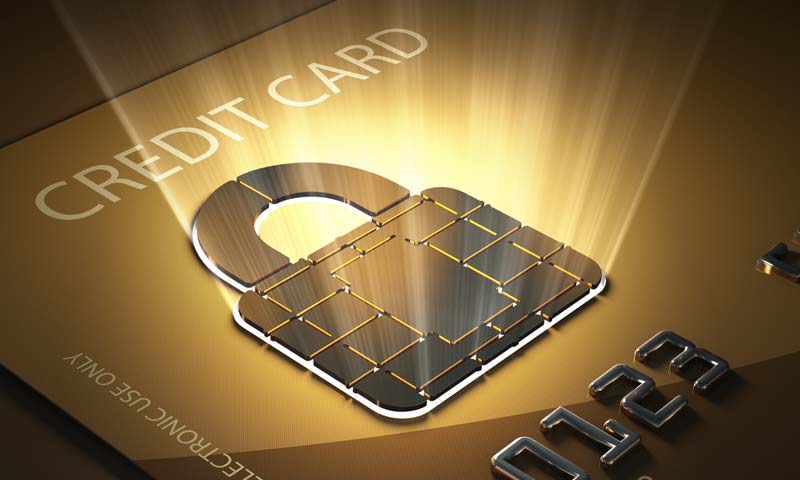It can be a challenge to rebuild good credit if you’ve faced bankruptcy or a challenging financial situation. When your credit is down or wiped out, many lenders will decline to extend credit to you leaving you with few options. When you want to rebuild your credit, what can you do?
One option is to open a secured credit card. These cards typically come with strict terms of use and are not for everyone. For those who want to rebuild credit, however, these cards can be a useful tool. Even those with poor credit are likely to be approved. Here are a few pros and cons to consider.
Pros:
- It’s easier to be approved for a secured credit card if you are unable to get approved for an unsecured card.
- Secured credit cards require a security deposit, but you can earn interest on that deposit.
- If you miss or are unable to make a payment, your security deposit will cover that payment, provided you don’t exceed the limit. This saves you from being reported to the issuer’s collection department or a third-party collections agency.
Cons:
- Because of the required security deposit, a secured credit card has a high upfront cost with lower spending limits.
- Many secured cards come with fees, such as an application fee, processing fee, and an annual fee. With a fair amount of planning, you may only need the card for a short time, limiting these fees.
- High interest rates. However, if you pay the card off each month, you’ll avoid these charges.
Before opening any line of credit, be sure to do your research. Compare cards and find one that suits your needs. Working with a credit repair company can also help. Become an AFEUSA member and get exclusive savings with The Credit Clinic — a company that knows all about helping people restore their credit.
Article by
Wayne Goshkarian,
Senior Advisor

